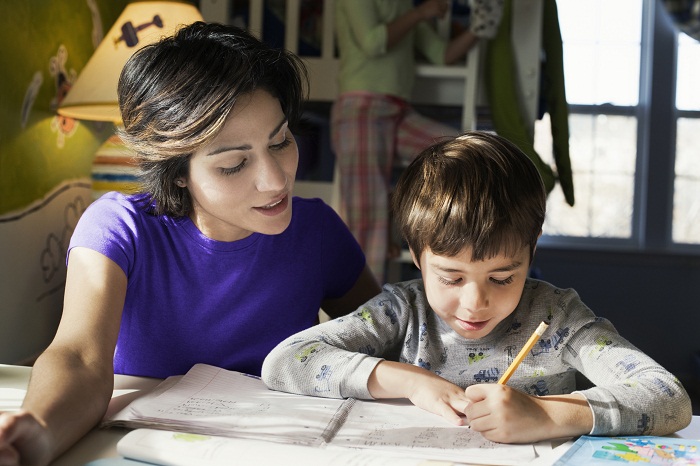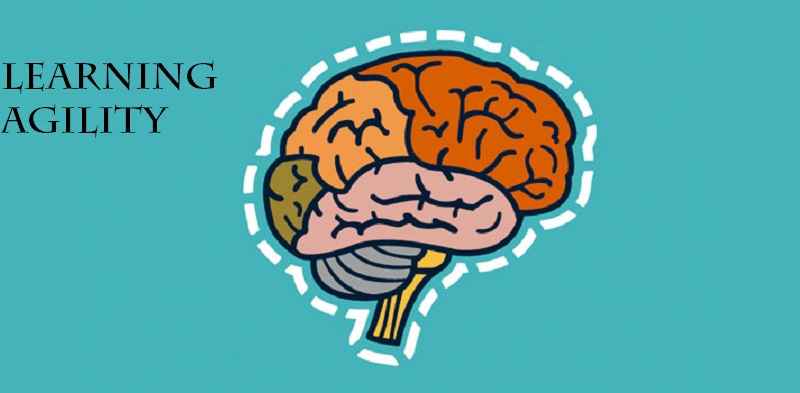Academics and test scores make up a well-rounded education. Why should music education be required in schools? Music education is part of a well-rounded education. Children with specific disabilities might benefit from music instruction. Music lessons can also help children with special needs. Let’s take a look at the benefits of music education in schools.
Importance of music education in schools
While the importance of music education in schools cannot be underestimated, it can boost academic achievement, emotional development, motor skills, and language. Music lessons help children develop critical social skills such as collaboration and sharing. Further, they develop the ability to concentrate and logic.
Children of all ages are subjected to rigorous career preparation. School systems implement standards designed to ensure student excellence on standardized tests and prepare them for future employment. As a result, many creative school programs are cut, and other subjects are emphasized instead. However, music education has been shown to boost creativity and growth in kids, which are essential to success in school. Hence, it is imperative to invest in music education in schools to better our children.
Orff approach to music instruction
The Orff approach to music instruction in schools is an educational model that focuses on teaching musical concepts through four stages: imitation, exploration, literacy, and improvisation. Orff believed that students need to experience the material to grasp it fully. Therefore, incorporating singing and other musical instruments into lessons is a great way to make the process more exciting and memorable for students. The approach also allows for mistakes and encourages creativity.
The Orff method is best practiced in a large room. The teacher acts as a conductor and selects singers and instrumentalists based on the poem. Depending on the piece, students may not be required to play the notes. However, it is essential to make the music as simple as possible for students to understand. An Orff lesson plan should be well laid out in advance to ensure the students learn the proper notes for the piece.
Teamwork and collaboration in music education
The role of teamwork and collaboration in music education has been recognized in numerous studies. They show a direct link between group music-making and cooperation in the workplace. In addition to individual music skills, many studies have explored the value of democratic and leadership practices in the workplace. Collaboration and teamwork skills are harder to assess academically, but they are equally crucial to success in the workplace.
A high-quality music education program requires that teachers and students collaborate to create an enriching and challenging learning experience for all students. Teachers and school leaders should actively seek student feedback and respond to those views. Regular structured feedback allows students to identify their improvement pathways and those of their peers. Accurate assessment and practical music-making help students develop their skills and knowledge. The teacher facilitates a holistic understanding of music and the role of music education.
Benefits to kids with special needs
Children with special needs often have difficulty expressing themselves verbally or physically, but music provides a unique platform to get their messages across. When taught alongside other learning activities, music helps children develop self-awareness and improve their self-confidence and social interactions. In addition, music helps them learn the language and strengthen their motor skills. Music also enhances communication skills and helps kids with special needs memorize academic material.
Aside from helping these kids with special needs learn new skills and improve their concentration, music helps children develop their cognitive skills. Research suggests that early music education improves the gray matter in the brain and the ability to remember new things. In addition, positive reinforcement is essential when teaching children with special needs. And, it doesn’t hurt that music lessons can also be fun! Dr. Hammel also stresses the importance of the classroom atmosphere. She believes that a positive environment helps kids develop positive relationships with their classmates.









